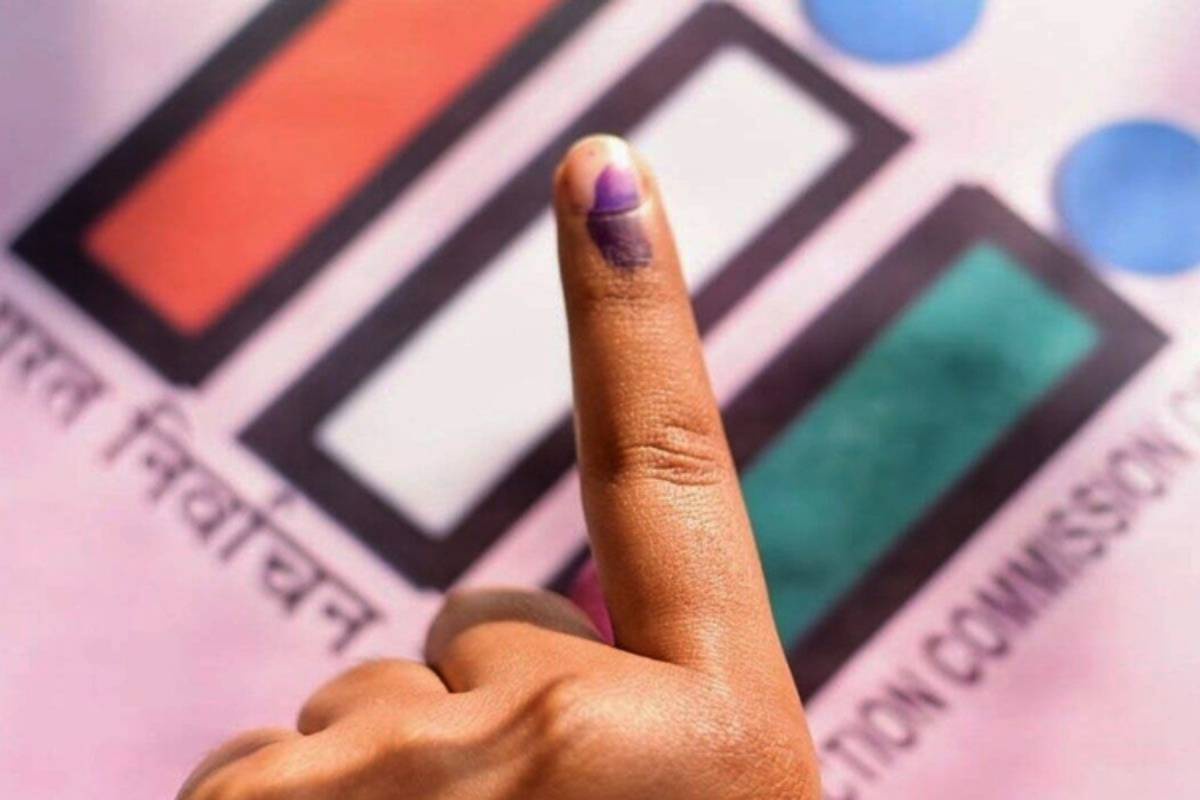In the diverse and dynamic landscape of Indian politics, the concept of "One Nation One Election" has emerged as a topic of intense discussion and debate. This ambitious proposal seeks to synchronize the electoral cycles of various states and the central government, aiming to streamline the electoral process and foster a sense of unity among the citizens of the nation. As we delve into the intricacies of this proposal, it becomes evident that it is not just a matter of logistics but a potential game-changer for Indian democracy.
The Genesis of One Nation One Election:
The roots of the One Nation One Election idea can be traced back to the Sarkaria Commission in the 1980s and the Law Commission's report in 1999, which both recommended simultaneous elections to the Lok Sabha and state legislative assemblies. However, it wasn't until recent years that the proposal gained significant traction, with leaders across the political spectrum expressing their opinions on its feasibility and desirability.
Objectives and Potential Benefits:
-
Reducing Expenditure: One of the primary objectives of this proposal is to reduce the massive financial burden associated with frequent elections. Conducting elections at different levels of government throughout the year incurs substantial costs, and a synchronized election cycle could alleviate this strain on the economy.
-
Enhancing Governance: Proponents argue that simultaneous elections would allow elected representatives to focus on governance rather than being in perpetual election mode. With a fixed election cycle, leaders can dedicate more time to policy-making, development, and addressing the needs of their constituents.
-
Minimizing Disruption: Frequent elections often lead to governance disruptions, as the Model Code of Conduct comes into effect during the election period, limiting the government's ability to make policy decisions. A synchronized election could minimize these interruptions and provide a more stable political environment.
-
Reducing Polarization: Critics of the current system argue that frequent elections contribute to political polarization. A synchronized election might create a more conducive atmosphere for constructive debates, reducing the likelihood of identity politics and fostering a more inclusive political discourse.
Challenges and Criticisms:
-
Constitutional and Legal Hurdles: Implementing One Nation One Election requires significant amendments to the Constitution and various election-related laws. This has sparked concerns about the feasibility of such amendments and the potential implications for the federal structure of the country.
-
Logistical Challenges: India's vast and diverse electorate, coupled with the complexity of managing simultaneous elections at different levels, poses significant logistical challenges. Ensuring the smooth conduct of elections across the nation is a mammoth task that demands meticulous planning and coordination.
-
Impact on Regional Issues: Critics argue that synchronized elections might overshadow local and regional issues. Voters might prioritize national concerns over regional problems, potentially diluting the effectiveness of regional representation in the political landscape.
Conclusion:
The concept of One Nation One Election has ignited a crucial dialogue about the future of Indian democracy. While the proposal carries the promise of financial savings, governance stability, and reduced polarization, it is imperative to address the constitutional, legal, and logistical challenges associated with its implementation. As the nation grapples with these complex issues, a thorough and inclusive deliberation involving all stakeholders is essential to ensure that any changes to the electoral system align with the democratic principles that form the bedrock of India's political identity. In the pursuit of unity at the ballot, striking the right balance between national and regional interests will be pivotal for the continued vibrancy and resilience of Indian democracy.


No comments yet